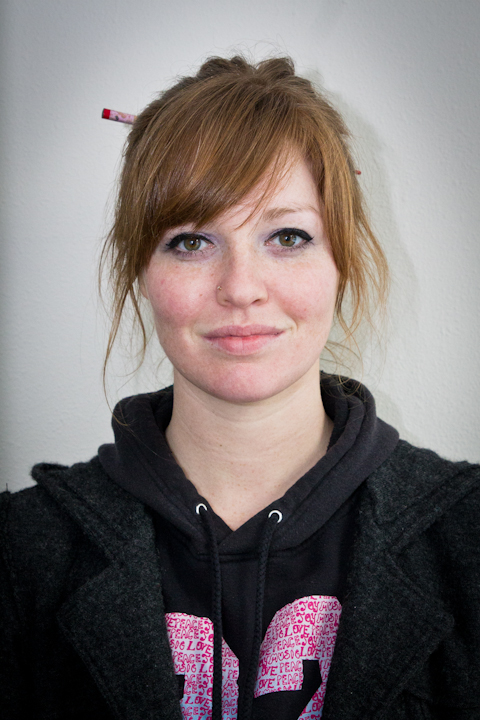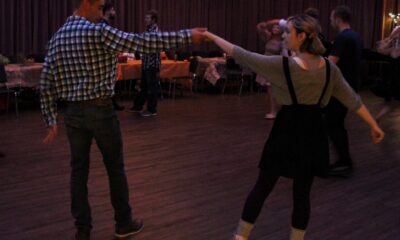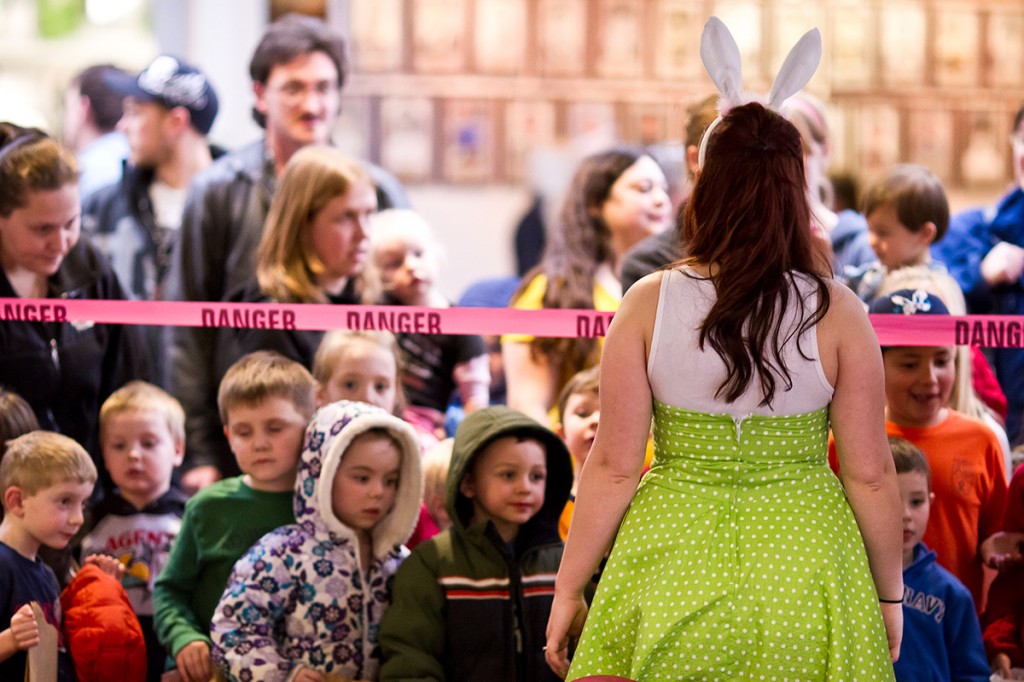“Never!” screamed Cinderella, curling back in disgust and backing away, her mind and eyes quickly flashing and zooming in on the prince; his neck pimples, his squinty black eyes peering out behind thick glasses, nice teeth, but those giant pit stains!” She tore out of the sparkling ballroom, leaving the prince still holding out his hand in an invitation to dance, but this time she made sure to take off her shoes and hold them carefully before descending the palace steps.
Now STOP and answer one question for yourself. When was the last time you were clothes-lined with the steel arm of reality? Yesterday? Three and a half minutes ago? When you just now realized it’s been over a month since your New Year’s resolutions?
Fantasy, fairy tales, dreams (day and night), and even failed boundaries all have a way of hovering and making us question our mode of thinking. Sometimes we catch ourselves living in the future, prancing around in our subjective gold mines.
Could the stories and triumphs of our favorite childhood cartoon have a role in giving reality a bitter aftertaste?
Bruno Bettelheim, a late psychologist and author of the book The Uses of Enchantment: The Meaning and Importance of Fairy Tales, gives us his opinion.
He believed fairy tales at a young age are a good bigger picture and train children to experience their own fears symbolically and successfully.
“Fairy tales are loved by the child… because—despite all the angry, anxious thoughts in his mind to which the fairy tale gives body and specific context—these stories always result in a happy outcome, which the child cannot imagine on his own,” Bettelheim said.
Interesting enough, but can’t this argument hold for the opposite view? Did our favorite, dented Disney DVD taint our way of thinking? Do you find yourself shrugging and giving in to thinking that a situation will work its way out in the end?
Well-known fantasy author J.R.R. Tolkien discussed the power of imagination as a potent art. “I do not say ‘seeing things as they are’ and involve myself with the philosophers, though I might venture to say ‘seeing things as we are (or were) meant to see them’—as things apart from ourselves.”
We need, to clean our windows; so that the things seen clearly may be freed from the drab blur of triteness or familiarity… The things that are trite, or familiar, are the things that we have appropriated, legally or mentally.”
Maybe the fact that we question our thinking is a step closer to coming to terms with reality and growth, even though we take the risk of looking like a panicked ostrich that just pulled his head out of the sand.
Start to slow down and enjoy the tiny, beautiful moments. Don’t wait for life to happen, make it happen.
Realize that life is chaotic almost always, and give yourself a chance to be spontaneous. Recognize that some goals are unrealistic, and stomp them out.
Last but not least, never stop dreaming, because if those favorite childhood movies taught us anything: sing while looking longingly out a window and stuff happens.
Give that sweaty prince Charming a dance, or for those who identify with the prince, reapply deodorant and tell Cinderella to rethink her footwear before taking a hike.















